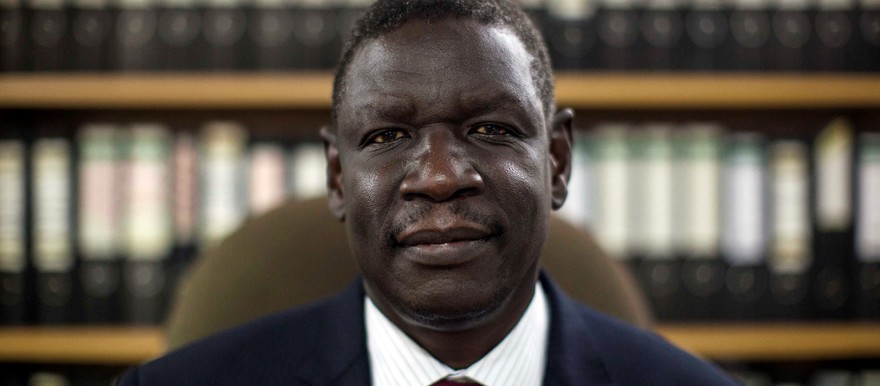Henry Odwar, deputy head of the main opposition group the Sudan People's Liberation Movement-In Opposition (SPLM-IO) led by Riek Machar, said President Salva Kiir has no authority to ask for a replacement of the SPLM-IO candidate for Upper Nile state’s governorship.
Early this month, the SPLM-IO said it had nominated General Johnson Olony for the position of Upper Nile governor, but President Kiir declined to appoint him.
The office of the president said a governor for Upper Nile state will be appointed if the SPLM-IO changes its nominee.
Speaking to Radio Tamazuj on Thursday, Henry Odwar said: “The violator should comprehend what the peace agreement says. He [Olony] is our nominee and he will remain our nominee.”
He added, “What authority does Kiir have to ask another party to replace its nominee? He has no authority whatsoever.”
The senior SPLM-IO official appealed to the signatories of the September 2018 peace agreement to stick to the power-sharing provisions in the deal.
Odwar urged the Intergovernmental Authority on Development (IGAD) and the guarantors of the peace agreement to resolve the dispute over the nomination of a governor for Upper Nile state.
The main opposition group was allocated three states, including Upper Nile state, where the appointment of a governor is still pending.
Power-sharing talks
Henry Odwar said he is optimistic that the parties to the peace agreement would reach consensus on issues of state and county administrations.
Meanwhile, Odwar urged the president to dissolve the national legislative assembly, saying the current national legislature has outlived its mandate.
“The constitutional committee has ongoing work. As far as parliament is concerned, I think they finished their work,” he said.
The unity government was formed on February 22, under the peace deal signed in September 2018 between President Kiir and opposition leaders.
However, since the formation of the presidency in February, there have been delays in the establishment of a national legislative assembly and the continued absence of state and county administrations.




